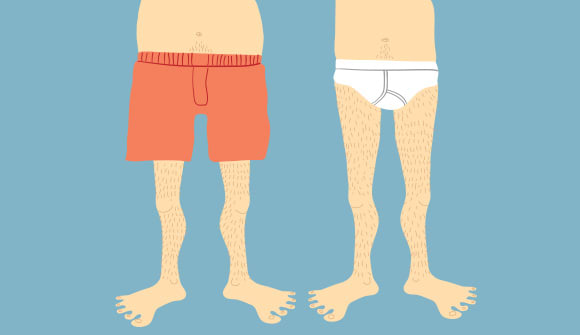Toxic UTI?
How a simple infection can turn septic.
Article Date:

When former President Bill Clinton was hospitalized in October 2021 at age 75, many questioned how a simple urinary tract infection (UTI) turned into a potentially life-threatening condition. Clinton's UTI spread into his bloodstream, causing a serious condition known as urosepsis. He was successfully treated with intravenous (IV) antibiotics and eventually released.
“A UTI starts in the urethra, the hole through which you urinate, and includes the bladder and kidneys. It is caused by the invasion of bacteria into tissues, most commonly E. coli,” explained Anudeep Cherukuri, MD, a board-certified family physician with Baptist Primary Care. “Most UTIs are treated with antibiotics.”
Though UTIs are more common in females than males, they can become an issue for older men with enlarged prostates.
“Women are generally more predisposed to UTIs than men. They tend to have shorter urethras so it is easier for bacteria to travel up and cause infections,” Dr. Cherukuri said. “Diabetics are more prone to UTIs as they tend to have more sugar in their urine and that makes them susceptible to infection. Sexual activity can also increase the risk of a UTI.”
The elderly can be more subject to UTIs than younger people. Older adults often have weaker bladder and pelvic floor muscles, which can lead to urine retention or incontinence and increase the potential for bacteria in the urinary tract.
UTI alert
Symptoms usually start with burning or pain when urinating and can include frequent urination, bladder spasms and blood in the urine.
“As a UTI progresses into the urinary tract, from the urethra to the bladder, you might have lower abdominal or pelvic pain. If it moves even further up to the kidneys, you can experience nausea, back pain, vomiting, fevers, chills and night sweats,” Dr. Cherukuri said.
Turning septic
“A UTI can progress into sepsis when the bacteria that causes the infection travels into the bloodstream. The greatest risk of sepsis is when the infection reaches the kidneys because they can easily spread the bacteria into the blood," Dr. Cherukuri explained.
Seek emergency help if you experience symptoms such as fevers, chills, night sweats, rapid heart rate, low blood pressure or change in mental status (confusion).
Preventing infection
You can protect yourself from UTIs by practicing good hygiene.
“After sexual activity, make sure to urinate to expel any bacteria that could be present in the area," said Dr. Cherukuri. "Hand and genital hygiene when sexually active can decrease the chances of a UTI, as can wiping front to back for females after having a bowel movement. Also, be sure to stay hydrated so you urinate regularly.”
If you’re concerned about UTIs, you can talk to your primary care physician for guidance. To find a Baptist Primary Care physician for you, call 904.202.4YOU.



